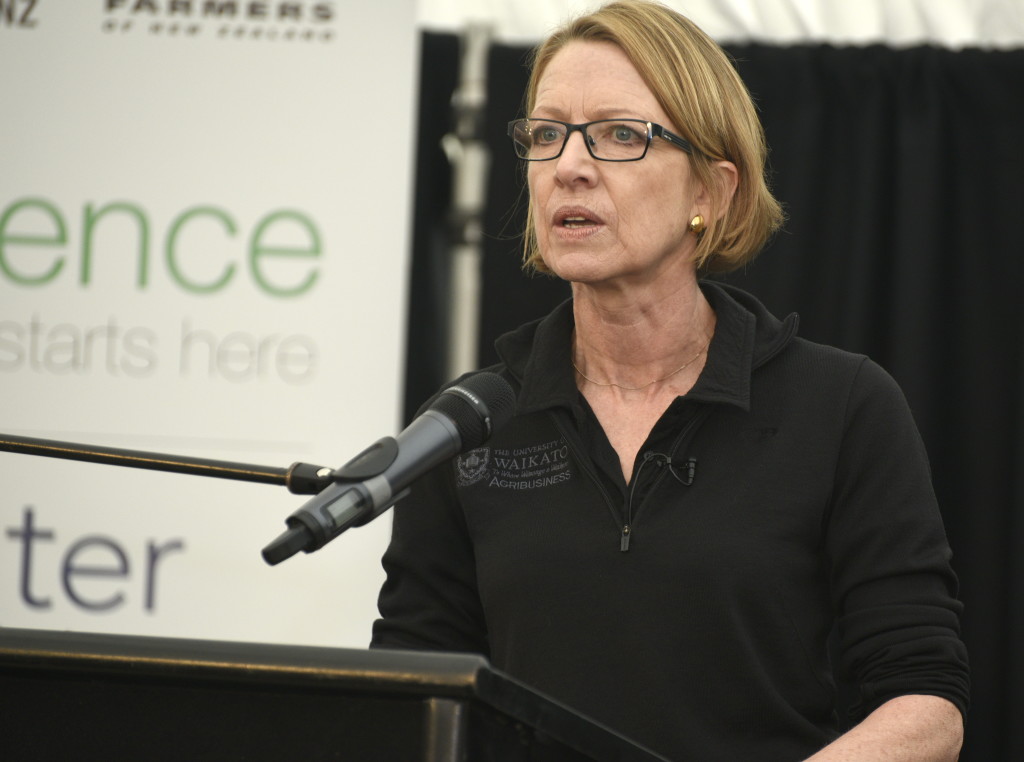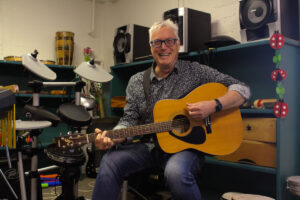Seminars aimed to educate the farmers
Fieldays isn’t just an opportunity for companies and inventors to get farmers’ attention, it’s also a chance for farmers to get information that will help them run their business.
Fieldays isn’t just an opportunity for companies and inventors to get farmers’ attention, it’s also a chance for farmers to get information that will help them run their business.
Federated Farmers teamed up with Fieldays for Seminar Central, giving visitors a chance to hear from a wide range of speakers on important aspects of the agricultural industry.
Fieldays communications executive Rachel Middleton said the seminars were a must attend for “knowledge-thirsty” agriculture enthusiasts.
“Covering everything from farming to international market potential to education and accounting, [with Seminar Central] Fieldays is making it easier to stay a step ahead in agribusiness,” she said.
Panels and discussions were scheduled throughout Fieldays, including presentations from Federated Farmers, New Zealand Trade & Enterprise (NZTE), and St Paul’s Collegiate School.
The NZTE gave seminars on emerging market opportunities in Colombia and the market trends in UK/Ireland, while St Paul’s discussed the development of a University Entrance level Agribusiness subject.
On Thursday Federated Farmers ran a panel on “Water, Land and People” about issues facing farmers in these three areas.
University of Waikato Professor Jacqueline Rowarth spoke on the balance between economics and sustainability.

She referred to changes in farming methods, like a move towards variable rate irrigation which improves yields, reduces costs, nitrogen leeching, and runoff.
Rowarth said it was often challenging to maintain that balance, accurate science takes time so public debate frequently involves incomplete information.
“This is a problem because well-meaning people are regulating [agriculture] on inaccurate data,” she said.
AUT Professor of Sociology Charles Crothers covered New Zealand’s shift from a rural to urban culture, and the difficulty of attracting appropriately skilled workers to rural areas.
Crothers said we needed to seek out more concrete knowledge of the sociological factors affecting agriculture.
“Things are becoming more complicated, more interdependent, and we need to be more aware of that when developing knowledge and in any planning moving forward,” he said.
Primary Industry Training Organisation CEO Mark Jeffries rounded out the panel, talking about the benefits of agri-businesses to upskill their workers and an increased focus on human resources to retain the workers they do have.




